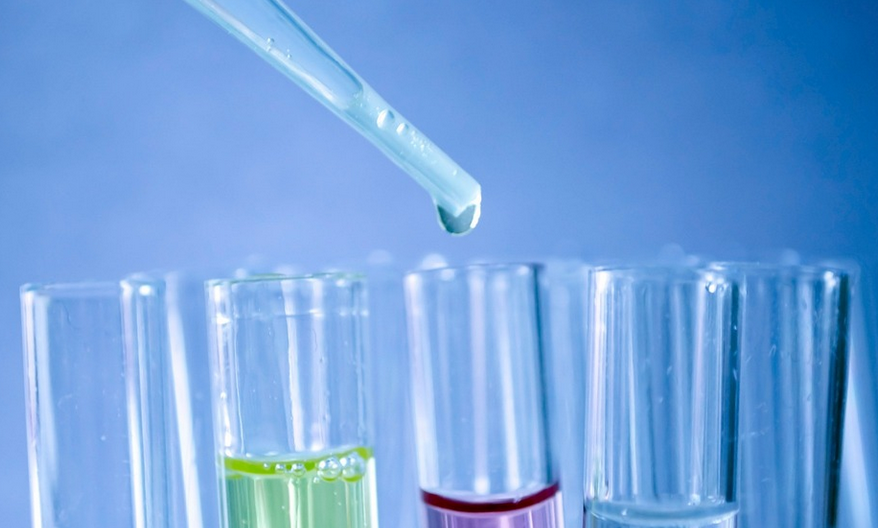Introduction
If you own a car or any vehicle that has brakes, you may have heard about brake fluid. Brake fluid is a crucial component in the braking system of a car, and it plays a vital role in ensuring the safety of the driver and passengers. In this article, we will explain in detail what brake fluid is, what it does, and why it is essential to maintain it.
What is Brake Fluid?
Brake fluid is a type of hydraulic fluid that is used in the braking system of a car. When you press the brake pedal, the brake fluid transfers the force from the pedal to the brake calipers or drums, which then apply pressure to the brake pads or shoes. This pressure, in turn, helps to slow down or stop the car.
Types of Brake Fluid
There are two main types of brake fluid: DOT 3 and DOT 4. DOT 3 is the most common type, and it is usually used in older cars. DOT 4, on the other hand, is a newer type of brake fluid and is used in newer cars. DOT 4 has a higher boiling point than DOT 3, which makes it more resistant to heat and better suited for high-performance cars.
Why is Brake Fluid Important?
Brake fluid is essential for the proper functioning of the brake system in a car. Without brake fluid, the brake pedal would not be able to transfer the force to the brake calipers or drums, and the car would not be able to slow down or stop. Additionally, brake fluid helps to lubricate the braking system and prevent corrosion and rust.
How Often Should You Change Brake Fluid?
It is recommended to change the brake fluid in your car every two years or 24,000 miles, whichever comes first. However, if you notice any issues with your brakes, such as a spongy feeling or a longer stopping distance, you should have your brake fluid checked immediately.
The Dangers of Old or Contaminated Brake Fluid
Old or contaminated brake fluid can be dangerous and can compromise the safety of your car. Over time, brake fluid can absorb moisture, which can cause corrosion and rust in the braking system. This can lead to brake failure, which can be catastrophic. Additionally, contaminated brake fluid can cause damage to the rubber seals and hoses in the braking system, leading to leaks and other issues.
How to Check Your Brake Fluid
Checking your brake fluid is a simple process. First, locate the brake fluid reservoir, which is usually located near the master cylinder. Then, remove the cap and check the level of the fluid. The fluid level should be between the minimum and maximum marks on the reservoir. If the level is low, you should add more brake fluid.
Conclusion
Brake fluid is a critical component in the braking system of a car, and it is essential to maintain it properly. Regularly checking and changing your brake fluid can help to prevent brake failure and ensure the safety of you and your passengers. If you are unsure about how to check or change your brake fluid, it is always best to consult a professional mechanic.

